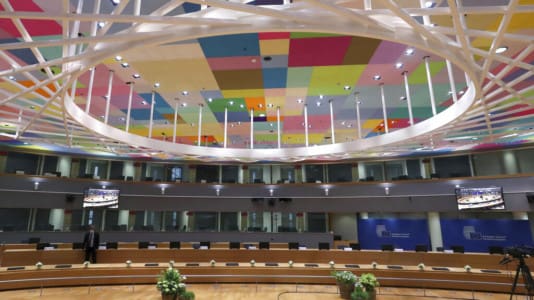In the current global environment, dialogue is the only path to renewal and development, and broad cooperation is the “secret recipe” for sustainable economic growth, said György Matolcsy, the governor of the Hungarian Central Bank (MNB), on Monday.
In a speech at the opening of the Eurasia Forum 2022 conference in Budapest, Matolcsy pointed out that for the sake of sustainability, the green transition and the digital transition must be accelerated, and the focus must be placed on the fusion of knowledge, talent, and technology.
According to the governor of the central bank, the future of the world economy depends on whether humanity can learn from the mistakes of the past, and whether it can utilize science to achieve its aims.
“Physics and biology provide valuable lessons about complex systems, and economists must also acquire this knowledge,” Matlocsy said, warning that “there is a lot to lose if the profession is not open to this.”
Matolcsy also spoke about the fact that since 2020 the world has faced significant difficulties; after the seven-year period of recovery, a cycle reminiscent of the 1970s and 1940s has begun. The peculiarity of the cycle is not only higher inflation and slower growth, but also wars and disasters.
“In-depth knowledge of the operation of complex systems can help in dealing with the above problems,” he said. At the same time, he said it was good news that there is always the possibility of reforming the system, that extreme situations can be avoided, and that the conditions for sustainable growth can be created.
At the same conference, Hungary’s minister for culture and innovation, János Csák, said that behind the Hungarian government’s economic and social measures lies a complex way of thinking that takes into account people’s basic needs, such as the need for belonging, care, and security.
“All this explains why the government does what it does,” Csák said, adding that competition and cooperation between different parts of the world will be decided according to who will succeed in addressing the deepest human needs.
“The need of belonging somewhere is one of the deepest human needs; it is present, for example, through the feeling of patriotism, even in such individualistic societies as the American one,” Csák said.
He pointed out that the government’s task is to create the conditions for people to take care of themselves, their loved ones, and their communities. A good society is not one where the government offers ready-made solutions, but one where individuals are able to prosper based on their own resources and luck, he added.





